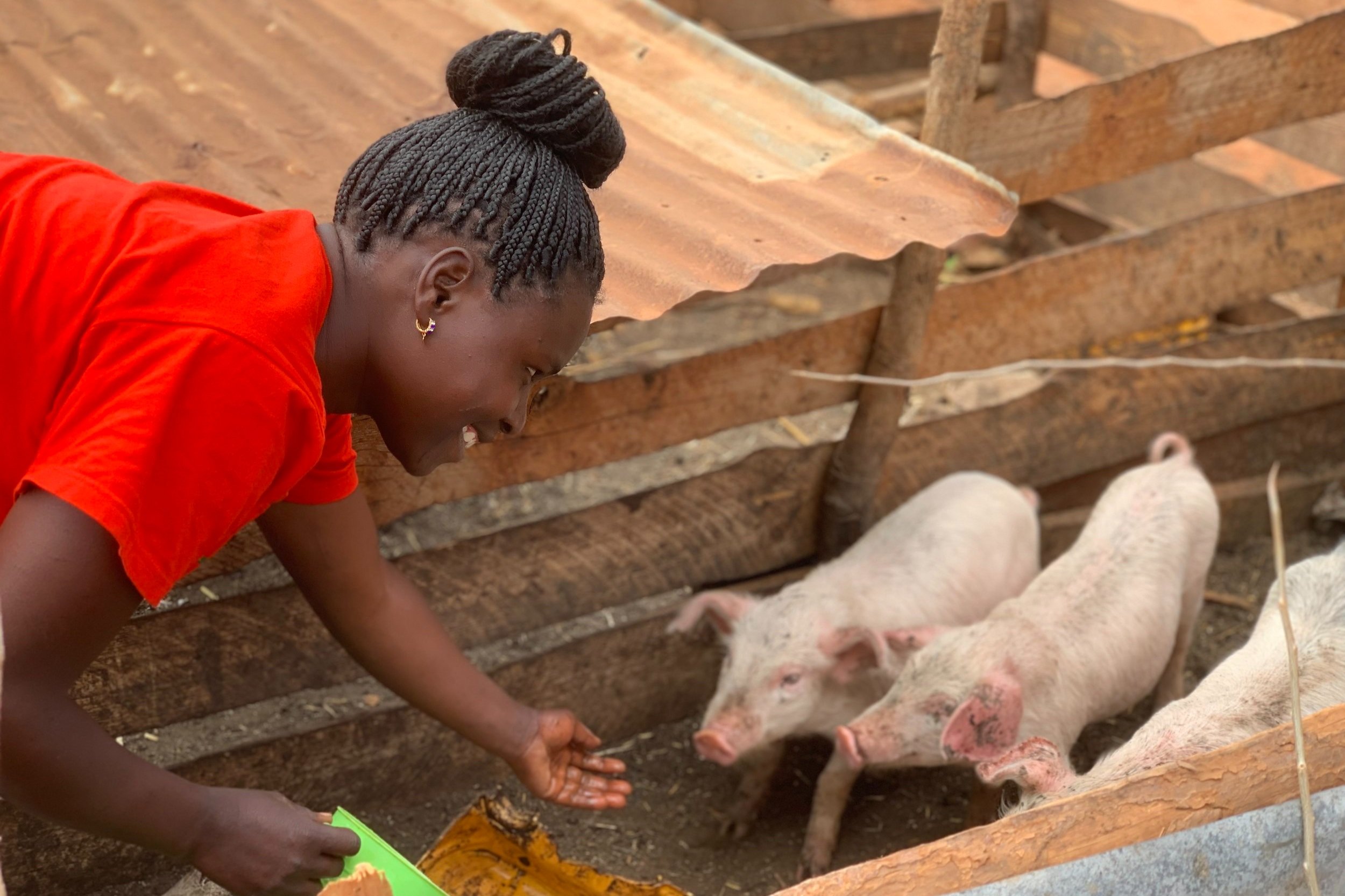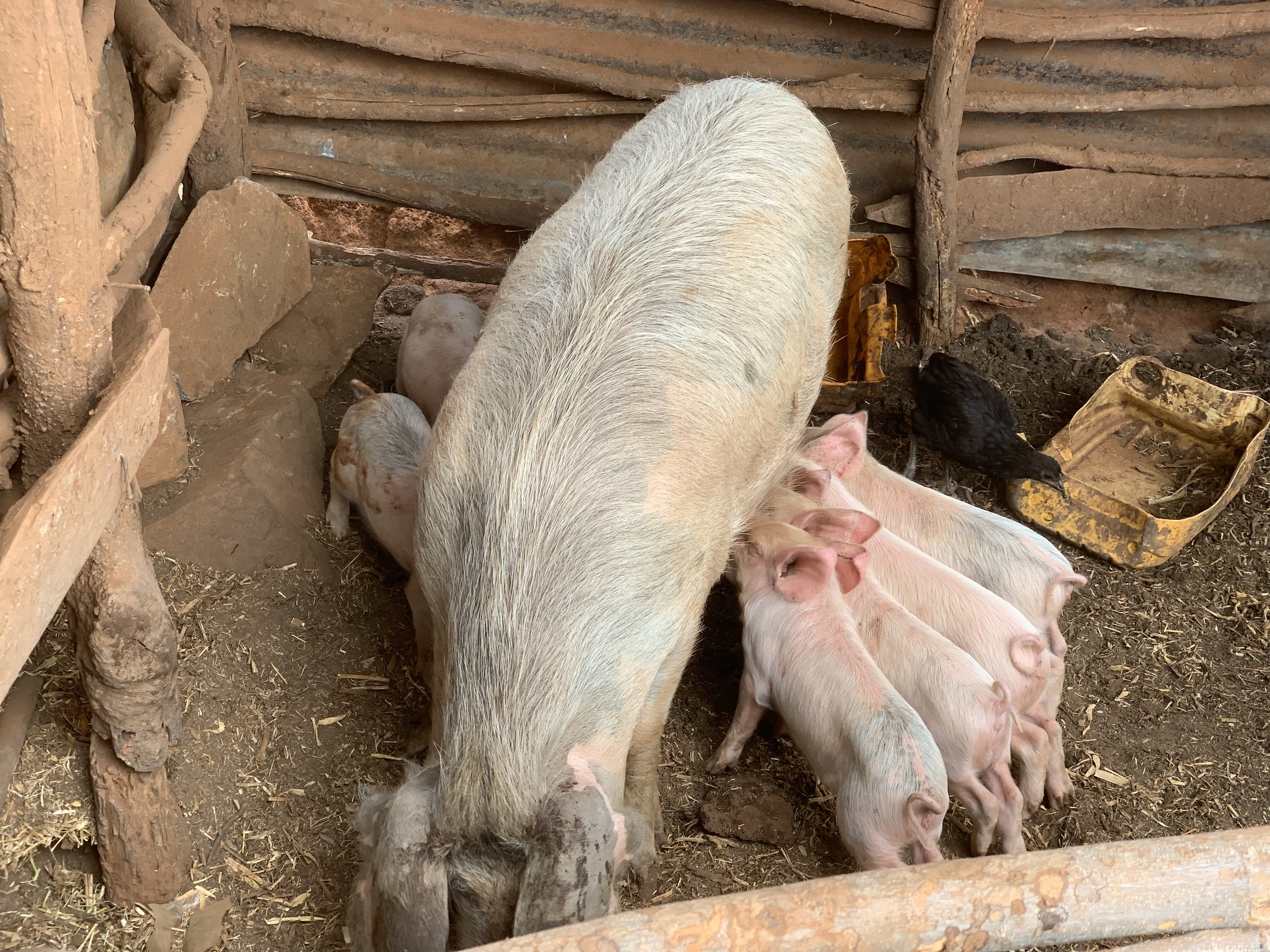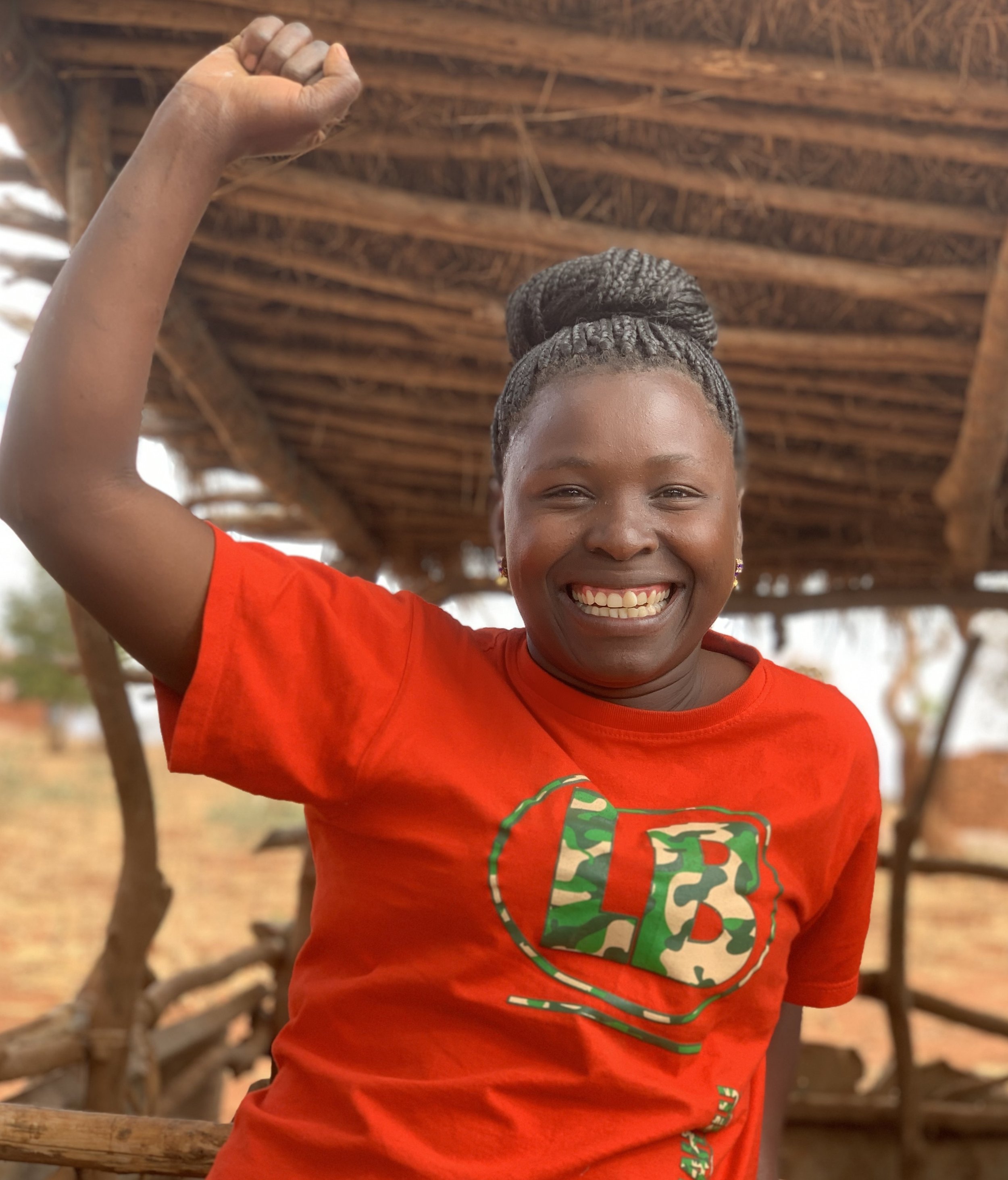Celebrating Three Years of Transformative Impact: Closing the Digital Divide in Tanzanian Schools
Please watch our great film showcasing the impact of the partnership between BFSS and Lyra
Impact Documentary of the work of Lyra supported by BFSS
I am delighted to share with you the significant impact of the three-year digital project undertaken by Lyra in Africa, funded by the British Foreign Schools Society (BFSS). As we celebrate the completion of this transformative initiative, it is with great pride that I reflect upon the positive impact we have made in narrowing the digital divide for rural secondary school students in Tanzania.
Striving for Inclusivity:
Our primary goal was clear – to bridge the digital divide and enhance education outcomes, especially for students in remote areas. With the support of BFSS, we embarked on a journey that would bring digital opportunities to 1920 students, creating a significant stride towards achieving the broader education sector goals of the Tanzanian government and aligning with Sustainable Development Goal 4: Quality Education.
Empowering Through Technology:
Three computer labs were installed in Mlowa, Ifwagi, and Lundamatwe Secondary Schools, not merely as standalone facilities, but as hubs for comprehensive digital learning. Recognizing the pivotal role of confidence-building, we implemented a wrap-around digital support program. This program included intensive digital skills training for both teachers and students, supplemented by refresher training and ICT clubs for students.
The results of this project are heartening, with a notable increase in digital confidence scores across all three schools. For instance, in Ifwagi Secondary School, the baseline average score of 1.9 for girls and 3.9 for boys increased to 8.9 for girls and 9.2 for boys by the project's conclusion.
The offline learning tool, Shule Direct, facilitated access to curriculum-aligned content in subjects such as English, Geography, Chemistry, Biology, Physics, and Mathematics. Students logged onto Shule Direct an impressive 13,428 times, engaging in self-paced learning, quizzes, and valuable study notes.
Encouragingly, our data suggests improved academic performance, with an increase in the passing rate in two of the three schools. Notably, Ifwagi Secondary School witnessed a rise from 51% to an impressive 73% in the national Form IV exams.
Teacher Upskilling and Curriculum Integration:
Our project unexpectedly catalyzed a positive shift in teaching methods. Approximately 66% of teachers embraced digital technology, enhancing their day-to-day instruction. Ifwagi Secondary School even registered ICT as a core subject for the 2023 academic year, aligning with national education and ICT policies.
Other strong anecdotal evidence from all three headmasters point to lower drop out rates for boys as they enjoy independently studying in the computer lab.
Challenges Encountered:
While celebrating our achievements, we acknowledge the hurdles faced. The unreliable electricity supply in rural areas posed a significant challenge. To address this, Lyra in Africa is transitioning to solar-powered labs, ensuring sustained access to digital resources.
Our journey illuminated critical lessons for future endeavours. Recognizing the varying levels of school buy-in, we have forged a Memorandum of Understanding (MOU) with the regional government to bolster commitment. We've also realized the underestimated intensity of training required to transition students and teachers from zero tech skills to proficient learners.
Addressing the student-to-computer ratio imbalance, we are grateful for the donation of additional computers, further enhancing accessibility and engagement.
Looking Ahead: Technology Inclusive Education - TIE
I extend heartfelt gratitude to BFSS, the Tanzanian government, and all our partners. The success of this project is a testament to collaborative efforts and shared commitment to education transformation. Lyra in Africa remains steadfast in its dedication to empowering Tanzanian youth through digital education. We are achieving this through Lyra's new TIE Program: Empowering Education in Rural Tanzania
In the evolving landscape of education, Lyra's Technology Inclusive Education (TIE) Program transforms the learning experience in rural Tanzania. This initiative goes beyond technology, focusing on inclusive 21st-century education. Key components include equitable access to technology, leadership enhancement, and support for vulnerable girls. Aligned with the national education policy, the program collaborates with the Ministry of Education, emphasizing 21st-century skills and technology.
Lyra's partnership schools follow a strategic EdTech integration plan, ensuring comprehensive IT incorporation into the school timetable. Sustainable development is maintained through allocated budgets, educator and student empowerment, and a focus on global competency.
Strategic partnerships with 'Tech Connects partners ,' GreenSafe, SoftCat, and Tigo provide cutting-edge ICT equipment and seamless connectivity. Collaborating with the Iringa Region, the 'Lyra Package' ensures a holistic impact on schools and communities. The Iringa Regional Commissioner's Office takes a leadership role for sustainability.
Lyra's TIE Program is not just about introducing technology; it reshapes education, empowers communities, and envisions a future where every learner thrives in the digital age. The commitment to lasting impact, strategic partnerships, and a community-centric approach signifies Lyra's leadership in transforming education in rural Tanzania.
As we step into the future, guided by the lessons learned, we continue our mission to create a more digitally inclusive and empowered Tanzania.
With gratitude
Maria Spink
Lyra Founder











